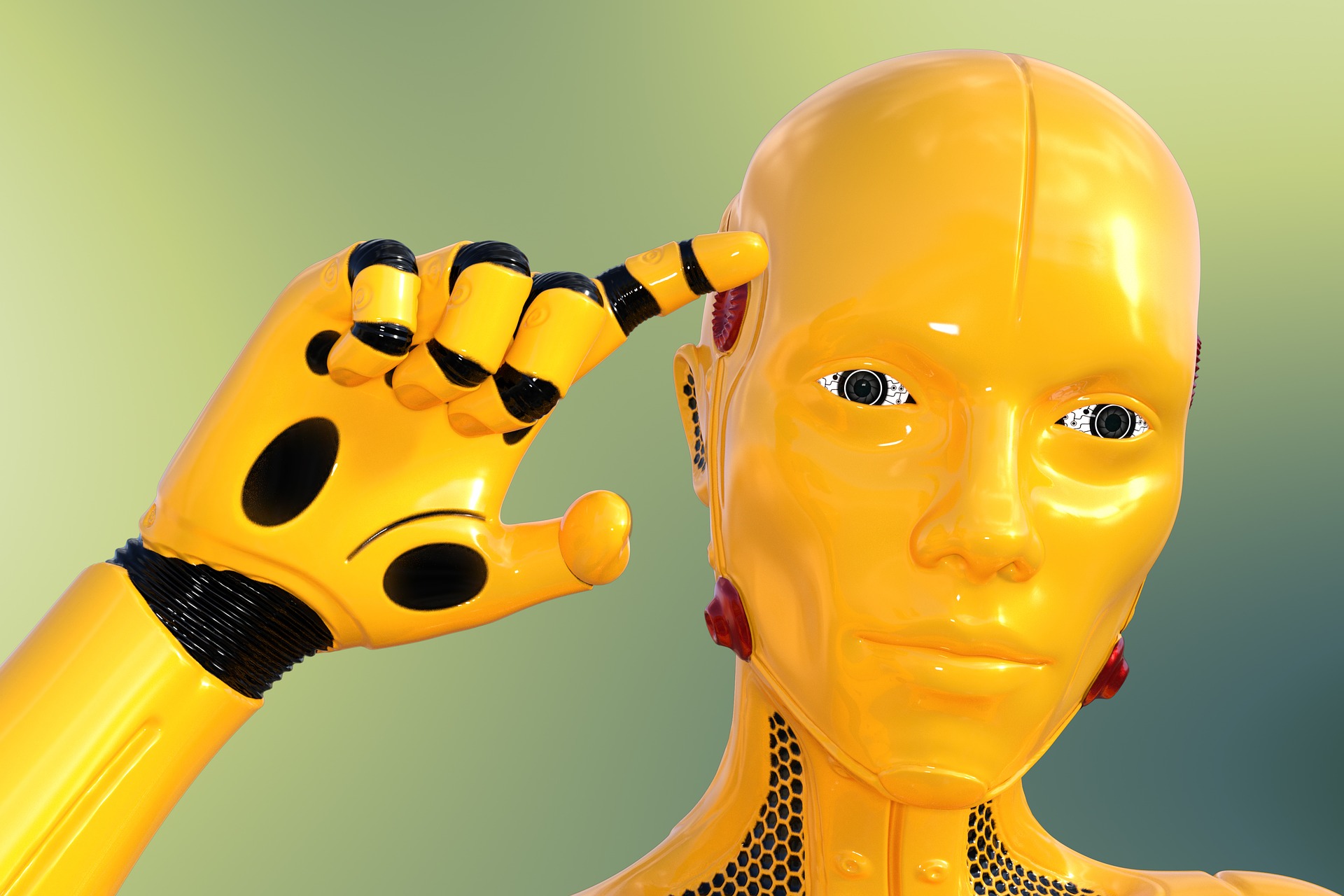Should robots be given legal personhood?

Nowadays, the idea of granting robots legal personhood is considered as a serious political option: Saudi Arabia granted citizenship to the robot Sophia, certain national legislators are drafting legislation on legal personhood for robots and the European Parliament requested that the Commission develop a legal status for electronic persons.
On 7 February 2019, the SSH Synergy conference 2019 took place in Bussum. The aim of the SSH Synergy conferences is to bring together academics from all disciplines of Social Sciences and Humanities, policy makers and professionals from civil society organisations involved in SSH research in order to discuss themes of current interest. In 2019, the focus was on the theme of Digitalisation. The conference included a number of key note speeches, parallel sessions, a science battle alongside the possibility to network while visiting an info market with organisations from science, society and industry.
NWO offered SSH researchers the possibility to propose topics for the parallel sessions. We were fortunate enough to have our proposal selected and to be given the opportunity to organise two debate sessions in the afternoon on the question of whether robots (which we use as shorthand for artificially intelligent entities) should be given legal personhood.
We had chosen this topic because it illustrates the rapidly evolving perceptions and ideas in a world that is becoming increasingly digitalised and where science seems to be catching up with what was until recently considered pure science fiction. If anybody suggested granting robots legal personhood a few decades ago, people would have thought that (s)he was joking and if not, that it was time to consider treatment in a mental health institution. Nowadays, the idea of granting robots legal personhood is considered as a serious political option: Saudi Arabia granted citizenship to the robot Sophia, certain national legislators are drafting legislation on legal personhood for robots and the European Parliament requested that the Commission develop a legal status for electronic persons.
Legal personhood for robots of course raises all kinds of legal, philosophical, psychological and sociological questions, and it seemed interesting to discuss these with academics from other SSH disciplines. To get our public in the mood, we showed them a short video giving a quick overview of the history of robotics and touching on issues such as: robots being a tool, robots becoming increasingly autonomous, and the lines between robot and human being seemingly blurring.
Unsurprisingly, many of the attending non-lawyers immediately related the idea of legal personhood to being assimilated with a physical person, a human being, which of course raised concern. Once we explained that the concept of legal personhood has a different meaning, namely the ability to hold rights and obligations that can be conferred by the legislator on anybody or anything, and that is widely accepted for companies, some attendees became more open to the idea of legal personhood for robots. One question that remained was which problems it would solve.
In the end, opinions among participants were and remained divided: some thought it would be a good idea to give legal personhood to robots as a way to enable regulating them and giving them obligations and to prevent misuse. Others thought this did not make sense and that creators, owners or companies should be held liable. In this context, there was concern that granting robots legal personhood would mean losing sight of human responsibility: it was said that only human beings can have intentions and as such, it does not make sense to hold robots morally responsible.
Of course, legal liability and moral responsibility are not the same. Nonetheless, it is important in our view for scholars thinking about the question and legislators seeking to regulate robots to be aware of public opinion and instinctive reactions that the notion of legal personhood for robots provokes. Only with sufficient knowledge can scholars and legal decision-makers take a nuanced approach that takes into account (to some extent) how the general public will react to robots with legal personhood.
Our debate did not result in qualitative data that could be used to such ends, nor was it meant to – but it did let us touch on a number of issues related to the question of whether robots should be given legal personhood and it sparked conversation and (some) controversy. As one attendee remarked: we need the debate to make and keep us aware.
Written by Antonia Waltermann and Caroline Cauffman
| More blogs on Law Blogs Maastricht |